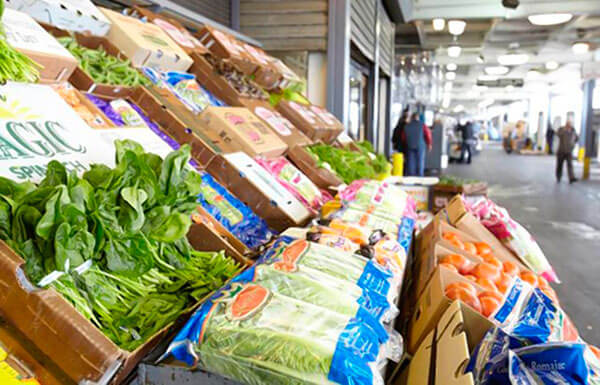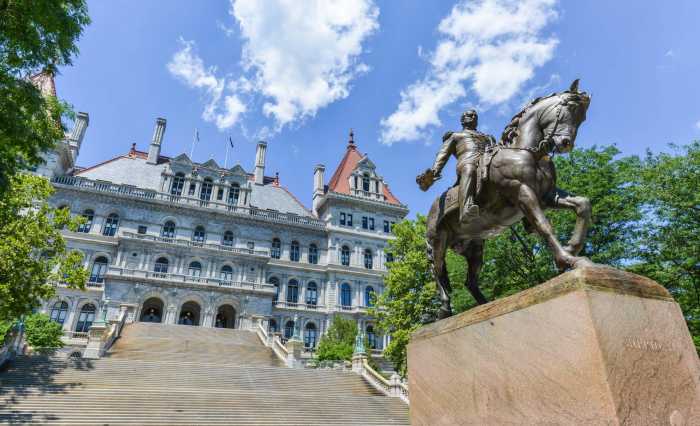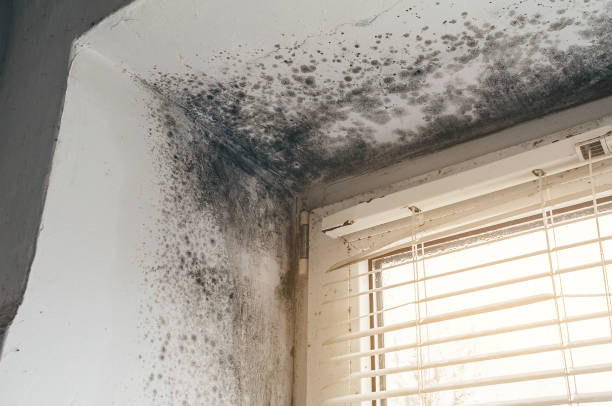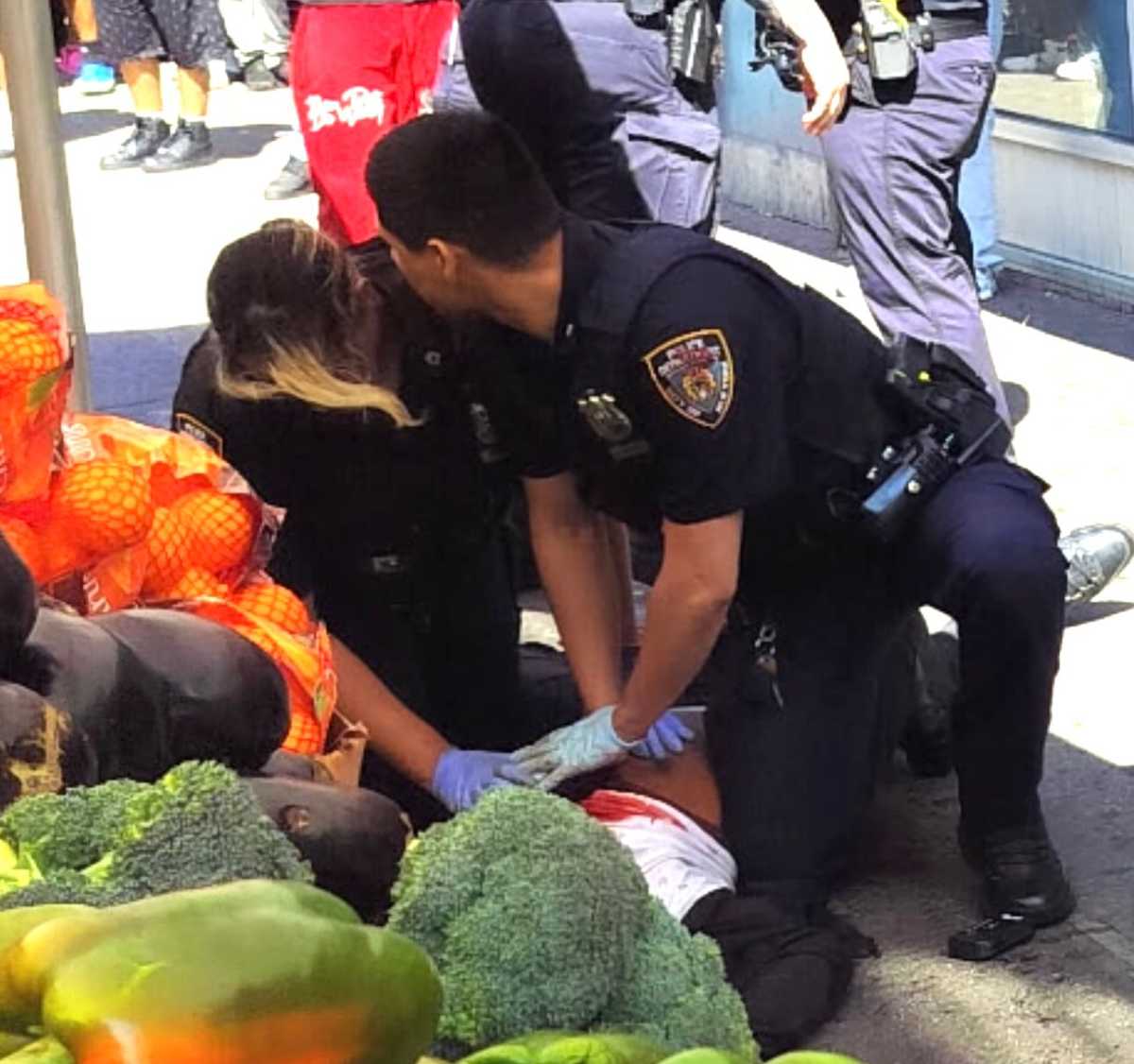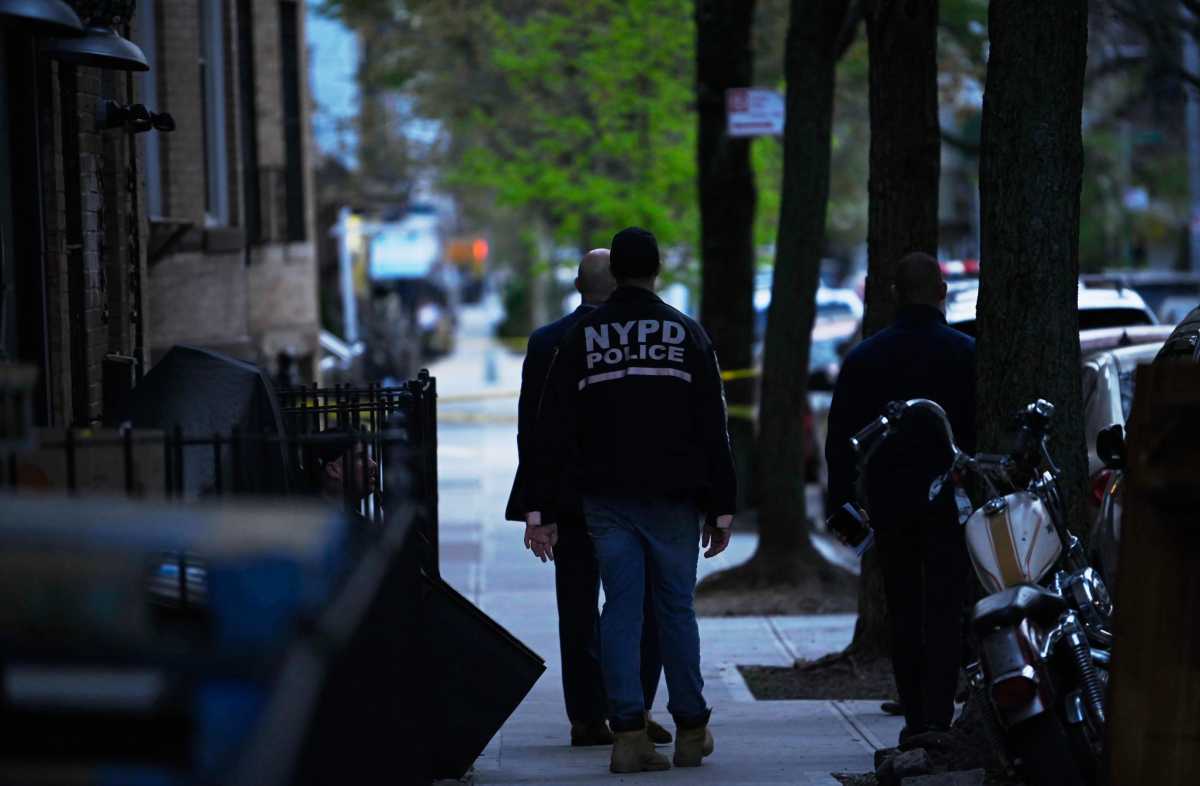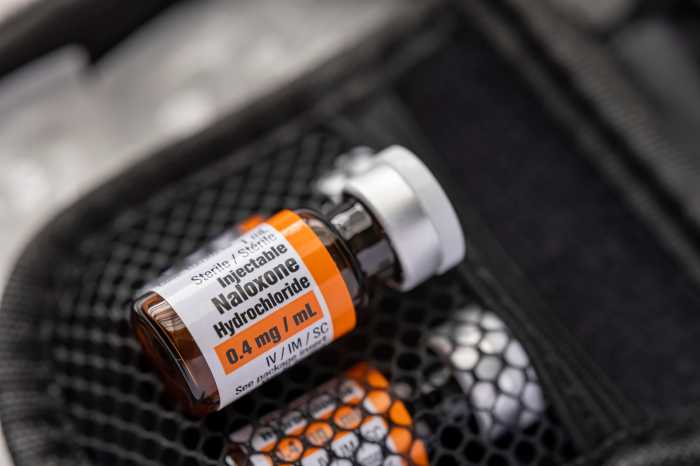Perhaps no Bronx community represents a bigger dichotomy in the city’s food infrastructure than Hunts Point.
Home to the city’s largest food producer, the Hunts Points Market — providing nearly five billion pounds of food to city restaurants, supermarkets and bodegas, and 25% of the city’s produce — located in the South Bronx neighborhood is also in one of the nation’s biggest food deserts.
Food insecurity, a measure of the availability of food and individuals’ ability to access it, has been a prevalent issue in the South Bronx where more than 40% of its resident live in poverty.
As federal lawmakers rework the U.S.’ Farm Bill, a package of legislation passed quinquennially, U.S. Sen. Kirsten Gillibrand is hoping to not only include a health initiative that increases access to healthy foods for food deserts like the South Bronx, but boost annual and mandatory funding of that program to $50 million by 2028.
The Healthy Food Financing Initiative (HFFI) Reauthorization Act has made it into the past two farm bills in 2014 and 2018, but funding from the initiative has always been discretionary. Despite the Bronx having longstanding issues with food insecurity, the borough has never received funding from HFFI.
Gillibrand, who has served as New York’s junior senator since 2009, told the Bronx Times that by making funding mandatory and boosting annual funding from $25 million to $50 million, it can give bodegas in the supermarket-thin Bronx, an opportunity to be a healthy food source. HFFI funds, through loans and grant financing, are meant to entice grocery stores and other fresh food retailers to provide options for underserved urban, suburban and rural areas.
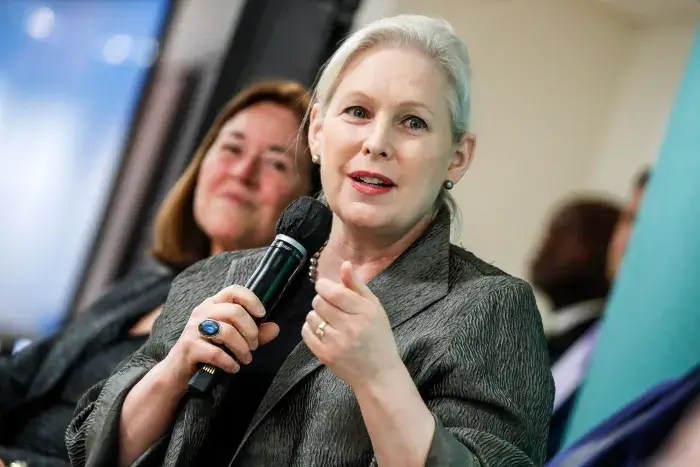
“My legislation aims to create more funding for bodegas and markets to be able to offer healthy, nutritious food to communities that are often left behind in our food deserts,” said Gillibrand, who visited the Hunts Point Market on Tuesday. “A lot of places like the Bronx don’t have grocery stores. And so without grocery stores in walking distance or without more resources given to smaller community stores like bodegas, you’re just not going to get access to the food you need.”
The Hunts Point district has a 20-to-1 ratio of bodegas to supermarkets, according to the city’s health department. While the rate is dwarfed by fellow food desert Belmont, which has a 37-to-1 bodega-to-supermarket ratio, many bodegas seeking to expand their food options are handicapped by lack of capital.
“We are thrilled to support this transformative initiative that will undoubtedly have a positive impact on the health and wellbeing of the underserved communities, particularly in the Bronx, where preventable diseases such as obesity and high blood pressure are unfortunately prevalent,” said Francisco Marte, the founder and president of the Bodega and Small Business Association of New York.
Gillibrand’s proposal, which includes co-sponsorship from Pennsylvania Sen. Bob Casey, would also reauthorize a critical public-private partnership to combat America’s obesity epidemic by providing access to affordable and fresh food options. The Bronx, which is last in the state in health outcomes, has the city’s highest obesity rates, hovering around 30%, per state health data.
“When a child is obese, they often have poor outcomes academically, they are often made fun of, they often have low self-esteem, they often don’t get enough sleep because of sleep apnea,” said Gillibrand.
On March 1, more than 30 million Americans saw a significant cut in their monthly food assistance with the end of emergency allotments that were expanded during the COVID-19 pandemic. According to an August 2022 study from the Urban Institute, The Supplemental Nutrition Assistance Program’s benefits kept 4.2 million people out of poverty since the fourth quarter of 2021, with the largest poverty reduction from the program for Black and Hispanic people.
Roughly 800,000 New York state households faced food insecurity between 2019 and 2021, a measure of the availability of food and individuals’ ability to access it, according to a recent report from state Comptroller Thomas DiNapoli. Gillibrand said strengthening those safety nets in the next farm bill, is another piece of the puzzle to solving food insecurity.
In that (farm bill), we can put provisions for stronger EBT programs, for stronger snack programs, where there’s money now, but it’s just a little more than $2 a meal, and that’s not enough to actually ensure healthy meals,” she said. “So we want to have more resilience with these programs … and we also want to ensure there are more resources for farm to table, so we can get more fruits and vegetables to these communities, and more access to our New York farms.”

